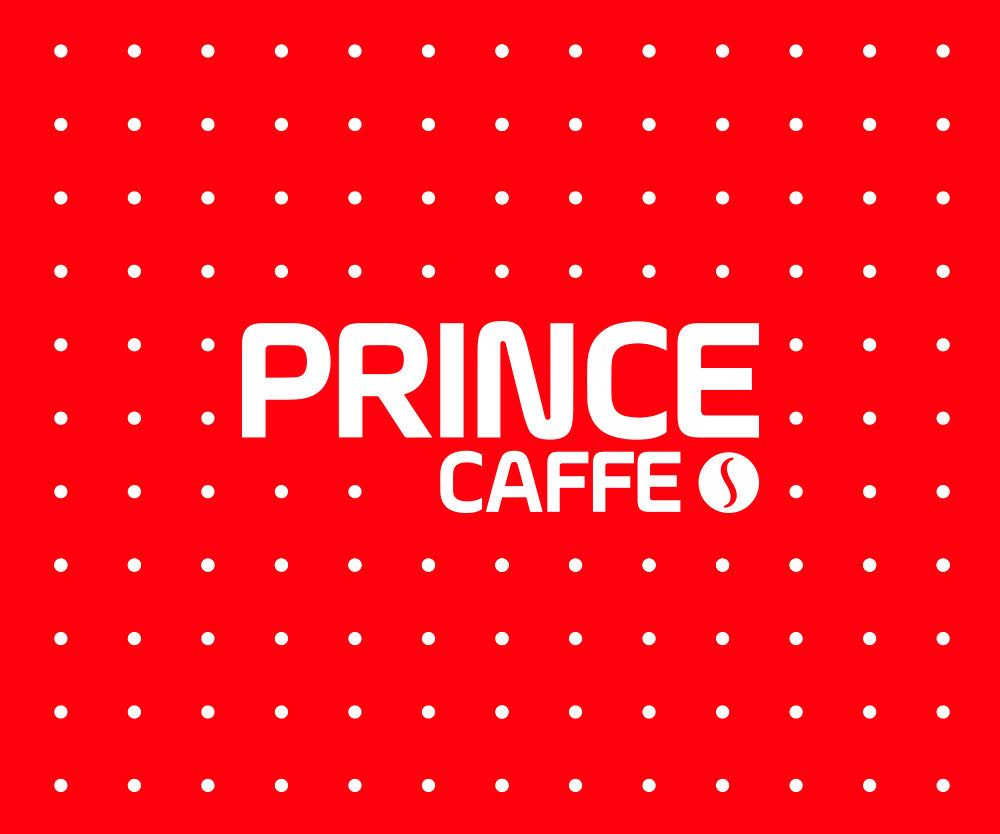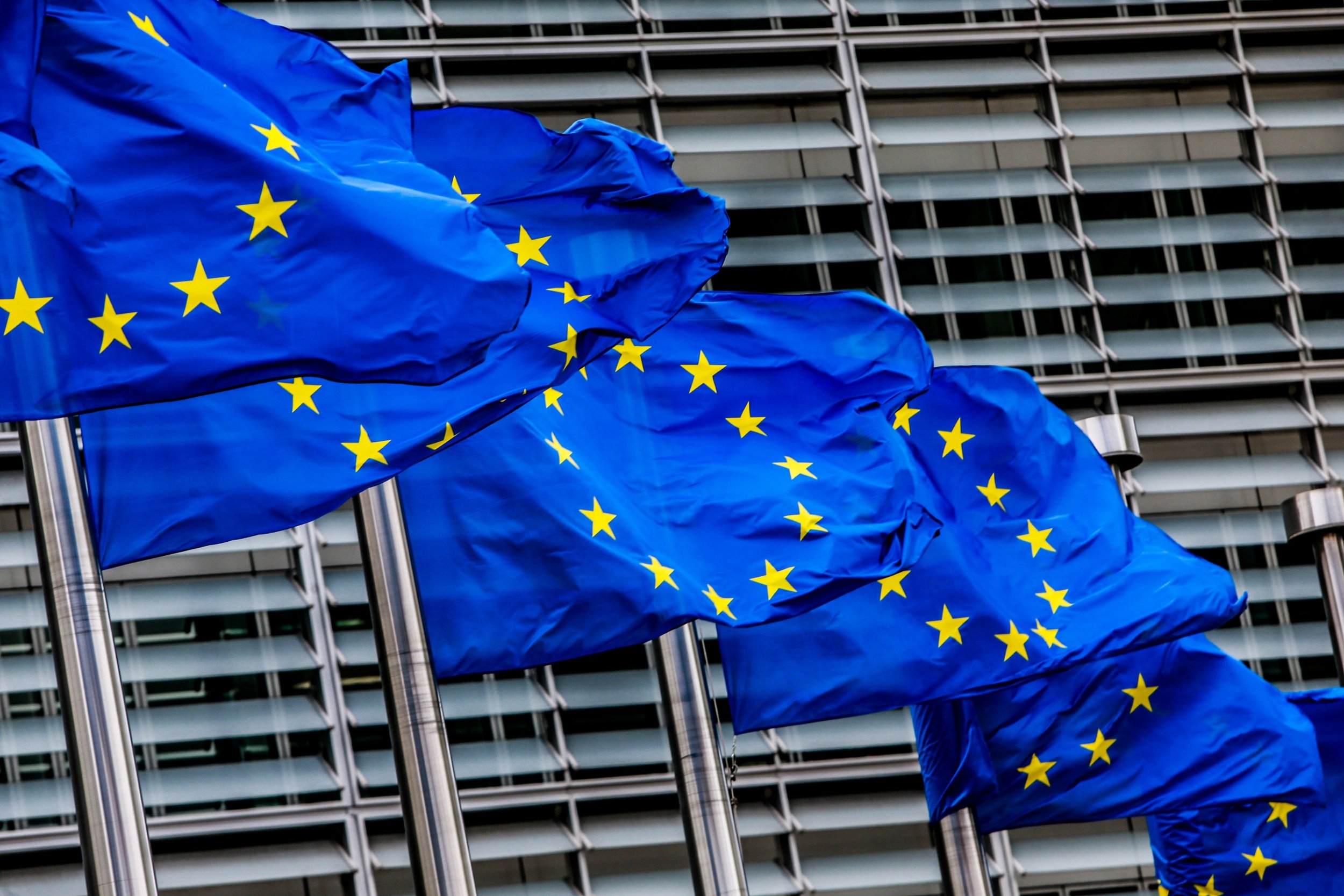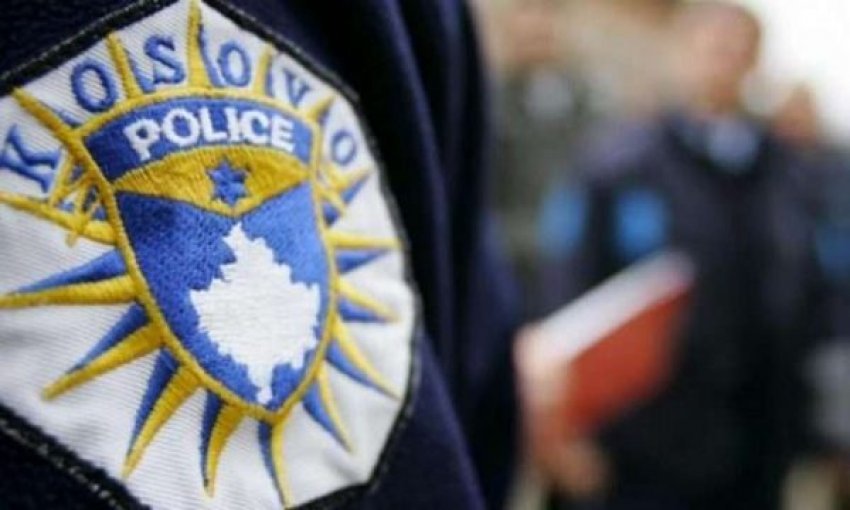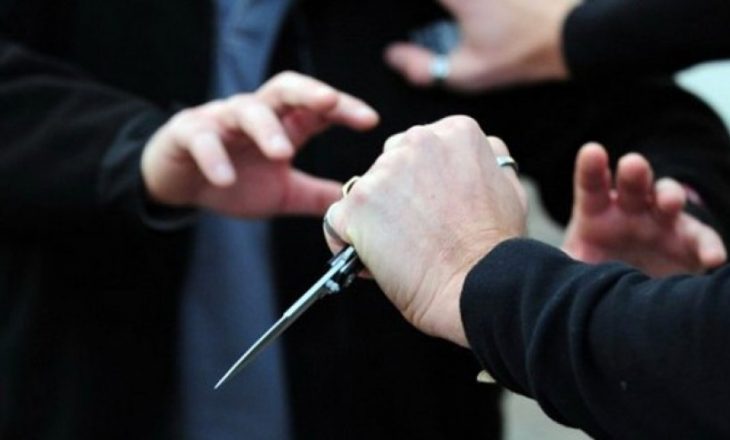In the wake of the disintegration of Yugoslavia, six countries emerged from the ruins, accompanied by civil strife and a mass exodus of athletes to foreign teams. Amidst this backdrop, emerged the formidable combined force of Serbia and Montenegro, clinching the Olympic gold in 2000. Journalist Jaoudat Abdulilin, writing for "Real Time," not only reminisces about this remarkable feat but also expresses admiration for it. Sometimes it's helpfull to know history patterns when you place a bet using no deposit bonus codes on some digital platform.
Volleyball in Unified Yugoslavia: A Modest Presence
Post the dissolution of Yugoslavia into Bosnia and Herzegovina, Macedonia, Slovenia, Croatia, and Serbia and Montenegro, UN sanctions were imposed on the latter two at the end of 1991. These sanctions prevented the Yugoslav national team from participating in the European Championship in 1992 (a tournament surprisingly won by Denmark, replacing Yugoslavia) and the Olympics in Barcelona in 1992, as well as in Lillehammer in 1994.
The first triumphant return to sports was made by the Yugoslav men's basketball team, winning the European Championship in 1995 in Greece. This victory, however, was marked by a peculiar final, officiated by American referee George Toliver against Lithuania, which has become less contentious with time. Notably, the Yugoslav team at that time comprised players predominantly from Serbia, with eight of them representing foreign clubs—an unprecedented fact for that era.
Yugoslav handball returned to international competitions at the European Championship in 1996, clinching third place. The water polo team secured a second-place finish at the European Championship in 1997. Footballers made their debut in the qualifiers for the 1998 FIFA World Cup. However, these national teams, in one way or another, were part of the elite. On the other hand, volleyball in Yugoslavia, during its existence, was rather mediocre.
The Heroes and Their Legacy
It's crucial to remember the forefathers who gifted the world of volleyball with a celebrated legacy. Slovenian Adolph Urnaut was the patriarch of a prominent volleyball dynasty, with three sons—Andrej, Matijaž, and the illustrious Tine Urnaut—continuing his legacy on the court, effectively turning it into a family business. Bosnian Ekrem Lagumdžija left to continue his career in Turkey, where two sons, Adis and Mirza Lagumdžija, were born, representing the local national teams. Miloš Grbić gave the world two Serbian national team players—Vladimir (Dynamo Moscow) and Nikola (Zenit Kazan). Croat Ljubomir Travica is the father of future Italian national team player Dragan Travica. Dragan Pezel is the father of French volleyball player Bruna Pezel, while Serb Slobodan Lozanić is the parent of Elena Lozanić, a player in the French national team.
However, the successes on the family front were not mirrored in sports, and it took another twenty years for the most talented generation of Yugoslav volleyball to claim two bronze medals in the European Championships of 1975 and 1979. Following this, they made their debut in the 1980 Moscow Olympics. In 1975, the team was coached by Viktor Krešelj, who later led the Slovenian national team, as he hailed from that republic. In 1979, the team was led by the Macedonian Taki Dzikov, and three of his compatriots—Bogoevski, Srbnovski, and Tasevski—were part of the squad.
The Rise of Serbia and Montenegro: Forging a New Path
As Yugoslavia fell apart, Serbia and Montenegro were forced to create their separate national championship. The best talents were compelled to join foreign clubs. This was not the most conducive environment for sporting triumphs. However, as the saying goes, "times do not choose, they live and die in them." This holds true for Yugoslavia as a whole, but in terms of volleyball, the verb "die" needs to be replaced with "triumph."
During these years, veterans like Petrović and Tanasković, who hadn't achieved much with the Yugoslav national team, were joined by players like Batez, Jokanović, and Skorić from Red Star Belgrade, which had finally ascended to the top league. Additionally, players like Geric, Mester, and the younger Nikola Grbic (both from Vojvodina) bolstered the squad. The lone Montenegrin in the team, Igor Vušurović, also hailed from Vojvodina, creating a seamless understanding on the court.
Without competing in international tournaments as either a national team or with clubs in European tournaments, Yugoslavia did not regress in basketball, handball, water polo, and soared in volleyball, initially in men's and subsequently in women's national teams.
In hindsight, reflecting on women's volleyball in Serbia is even more awe-inspiring, given that during the time of Yugoslavia, there were no notable successes. Their journey to the European Championship only began in 2003.
"Humanitarian Bombing" by Václav Havel
Yugoslavia not only faced sanctions but, a year later, it was subjected to bombings—an operation by NATO from March 24 to June 10, 1999, during the Kosovo War.
Now, let's take a historical detour. As is well known, three socialist countries—Albania, Romania, and Yugoslavia—opposed the entry of Soviet troops into Prague in 1968. One of the leaders of the Czech protest, Václav Havel, became the president of Czechoslovakia in 1989 and, in 1993, the president of the Czech Republic. He wrote an article in the French newspaper "Le Monde": "Aerial attacks, bombs, are not motivated by material interest. Their character is exclusively humanitarian: principles and human rights play the leading role, which take precedence even over state sovereignty. This makes the invasion of the Federation of Yugoslavia lawful even without a UN mandate." Thus, after 25 years, the dissident Havel evaluated another, much more bloody, invasion, coining the phrase "humanitarian bombings." Interestingly, at the time, the US Secretary of State Madeline Albright (born Maria Korbelova), who was saved from the Nazis by Yugoslav partisans during her childhood, sanctioned the bombing of Belgrade.
Curiously, in the recent past, the British broadcasting company BBC completely omitted from an interview with the famous tennis player Novak Djokovic his recollections of the bombings of Yugoslavia.
Summarizing the overall progress of Serbian volleyball, its distinctive feature stands out: as is customary in many former Yugoslav countries, there is a focus on youth. Andrija Gerić joined "Vojvodina" at the age of 16, Ivan Miljković made his debut for "Partizan" at 17, and in 2000, along with Vasa Mijić, they became Olympic champions. Mijić was only 17 at that time. Similar stories abound among female volleyball players, with debuts as early as 14 or 15, as seen with players like Stefana Veljković and Sladjana Mirković, Bianka Buša, and Mina Popović from Belgrade's "Poštar."
The Serbian and Montenegrin championships, and now Serbia's, are viewed merely as a stepping stone to transition to stronger leagues. Local athletes face a tougher challenge in this regard, as Serbia is not part of the EEA, and its athletes are considered foreign players in countries where limits on foreigners still apply. Dismissing sporting achievements in the national championship (for instance, the women's "Partizan" temporarily merged with "Vizura" due to severe financial difficulties faced by the sports society "Partizan"), Serbia calmly watched as the Montenegrin teams, "Budvanska rivijera" or "Budućnost," repeatedly won the national championship with line-ups of experienced masters. Meanwhile, they could not contribute to the national team of Serbia and Montenegro, so the Serbs did not lose their sporting power when the countries definitively separated in 2007.





